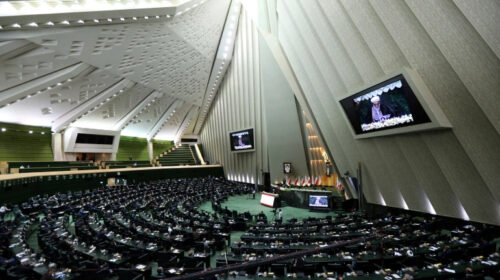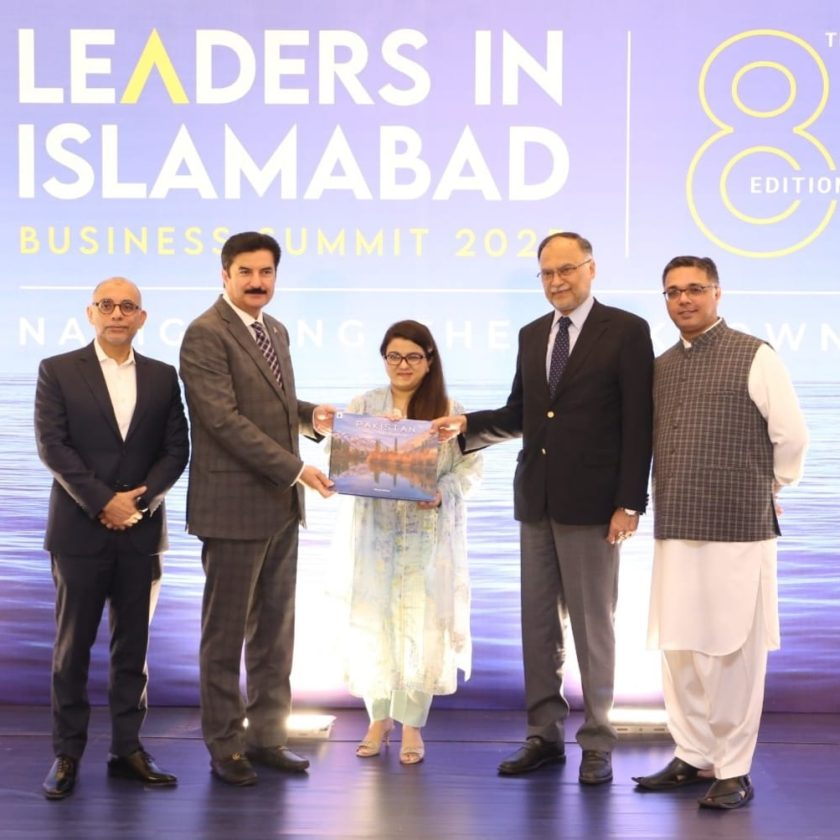Tehran, Iran – Iran should use the opportunity provided by instability in the global energy markets and push its demands in nuclear talks in Vienna, a majority of Iranian lawmakers have suggested.
A statement signed by 160 of Iran’s 290 members of parliament was read out publicly on Sunday. It said Tehran should not bind itself by “fabricated deadlines” by the West and push for its demands in the talks in the Austrian capital.
Now that the Ukraine crisis has increased the West’s need for the Iranian energy sector, the US need for reduced oil prices must not be accommodated without considering Iran’s righteous demands,” the parliamentarians wrote.
They also called for “economic, technical and political” guarantees that the United States will not renege on the country’s 2015 nuclear deal with world powers again as it did in 2018, and said American sanctions must be lifted effectively and comprehensively.
This comes less than a month after 250 legislators signed a statement that sought to assert dominance by setting strict conditions for a return to the nuclear deal, even as the nuclear file is handled by Iran’s Supreme National Security Council (SNSC).
Talks to restore the Joint Comprehensive Plan of Action (JCPOA), as the deal is formally known, have neared the finish line after more than 11 months.
But a last-minute Russian demand last week for a guarantee that Western sanctions over its invasion of Ukraine must not affect future dealings with Iran have thrown a successful conclusion to the talks into doubt.
Pause in Vienna talks
As the coordinator of the Vienna talks, the European Union’s foreign policy chief Josep Borrell on Friday called for a short pause due to “external factors” even as a text for an agreement is very close to being finalised.
Iran’s foreign ministry spokesman Saeed Khatibzadeh welcomed the pause, saying it could provide momentum for resolving the remaining issues.
The E3 – France, Germany and the United Kingdom – on Saturday explicitly warned that the Russian demand could collapse the deal, saying “nobody should seek to exploit JCPOA negotiations to obtain assurances that are separate to the JCPOA”.
The US has also called the demand “irrelevant” and has said it will not grant it.
Iran, however, has refused to blame Russia, instead saying US demands and delays in political decision-making have stalled the talks.
Ali Shamkhani, Iran’s security chief, said earlier this week that “unreasonable offers and unjustified pressure to hastily reach an agreement” show the US is not interested in a good agreement.
But Russian President Vladimir Putin contradicted that statement on the same day, saying the US is “ready to make peace with Iran, immediately sign all the documents, and with Venezuela” to control oil prices.
Meanwhile, Qatar’s Foreign Minister Sheikh Mohammed bin Abdulrahman Al Thani appears to be on a mediating mission to resolve the issue.
Al Thani spoke with his Iranian counterpart, Hossein Amirabdollahian, on Saturday, and then had a call with US Secretary of State Anthony Blinken. He is expected in Moscow on Sunday to discuss the nuclear accord and Ukraine with Russian Foreign Minister Sergei Lavrov.





